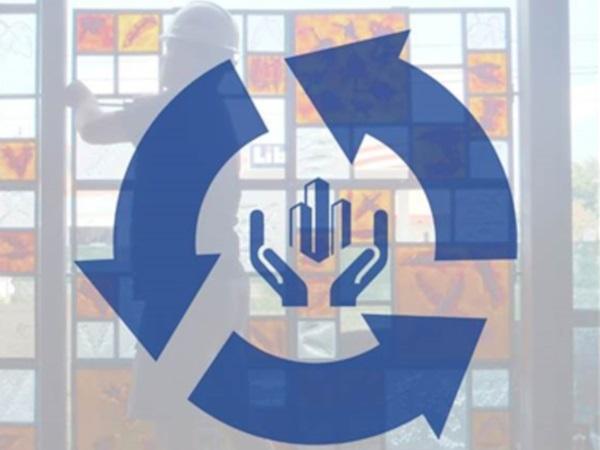
Date: 17 April 2024
A fruitful exchange with stakeholders and policymakers to assess the potential of this policy instrument for transitioning to a circular economy in the built environment.
In view of the increased circularity requirements in European policies (through a dedicated Action Plan, the revised Construction Products Regulation or the Environmental Taxonomy Delegated Act), BPIE decided to organise a roundtable with trade associations and policy makers to discuss the relevance of Extended Producer Responsibility (EPR) schemes. Two relevant case studies were presented: the French comprehensive EPR scheme, which covers all construction and demolition waste, and the Dutch VRN scheme, which specifically ensures the collection and recycling of flat glass.
Following a presentation of the VRN system, Bertrand Cazes, Secretary General of Glass for Europe, articulated the industry’s commitment to developing a closed-loop system for flat glass, emphasizing the potential for increased recycling rates to significantly reduce the use of primary raw materials, energy consumption and CO2 emissions from glass manufacturing. To increase recycling in flat glass, end-of-life glazing needs to be collected and sorted to ensure high quality secondary materials returns to flat glass making. In this field, there is substantial room for improvement that could yield tangible environmental benefits without compromising product performance. A key takeaway from the discussions was the importance of understanding the intended end use of collected construction materials in order to ensure collection and sorting systems are established accordingly to ensure quality. Participants agreed that EPR systems is a tool among others and that it may not be suitable for all construction products depending on products’ specificities and recycling streams.
The workshop was an opportunity for attendees to discuss the relevance of other policy measures to incentivise recycling and limit waste, such as landfill bans or taxes, the implementation of green public procurement or the setting of recycling targets for individual construction materials. Some of these measures are part of Glass for Europe’s recommendations. To know more about our position on this issue, you can visit our dedicated webpage on recycling here.
 600450
600450


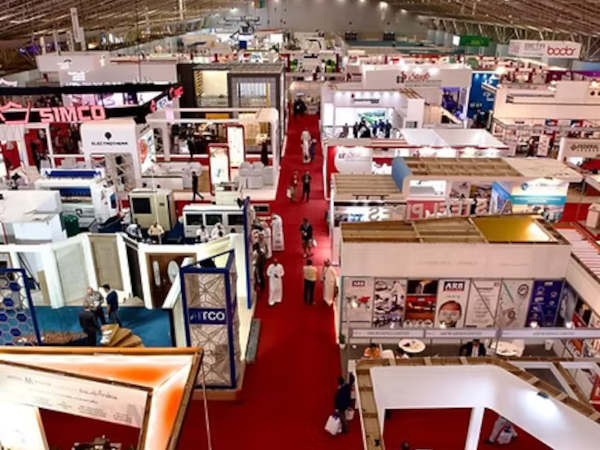
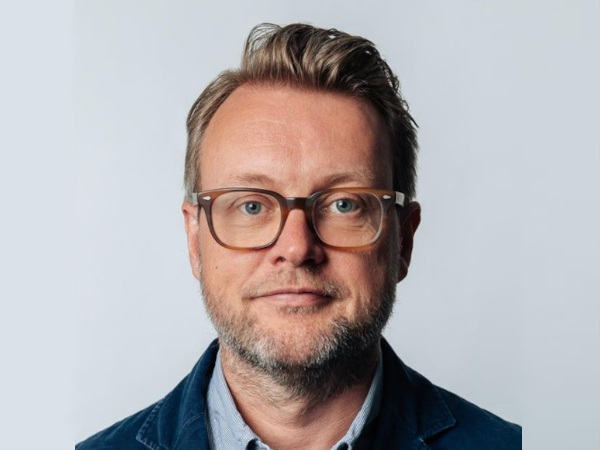
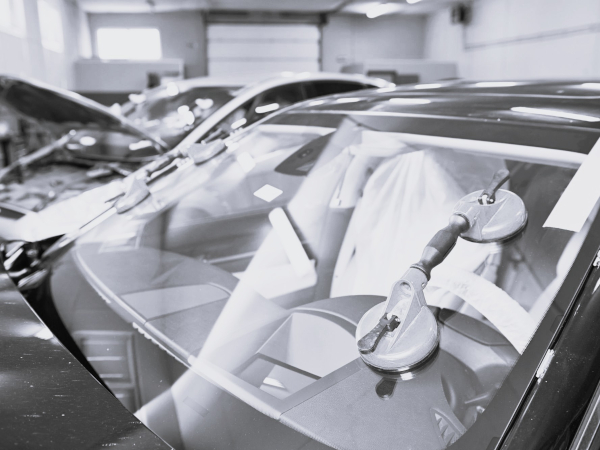
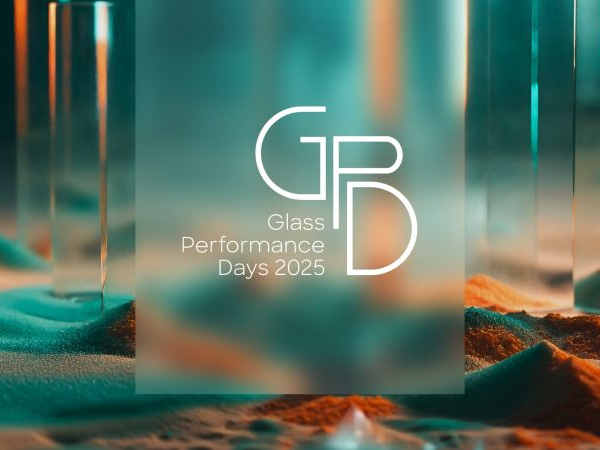
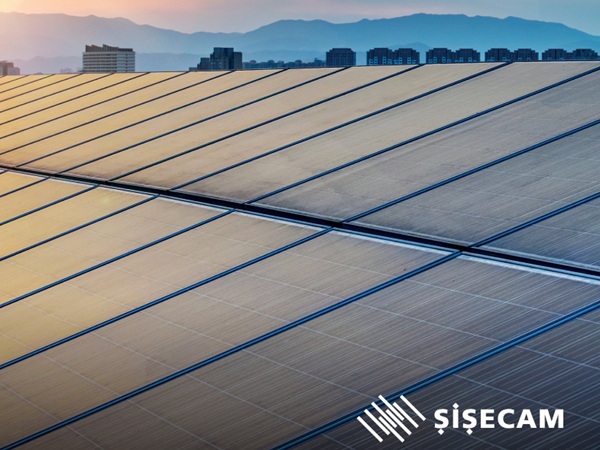
Add new comment